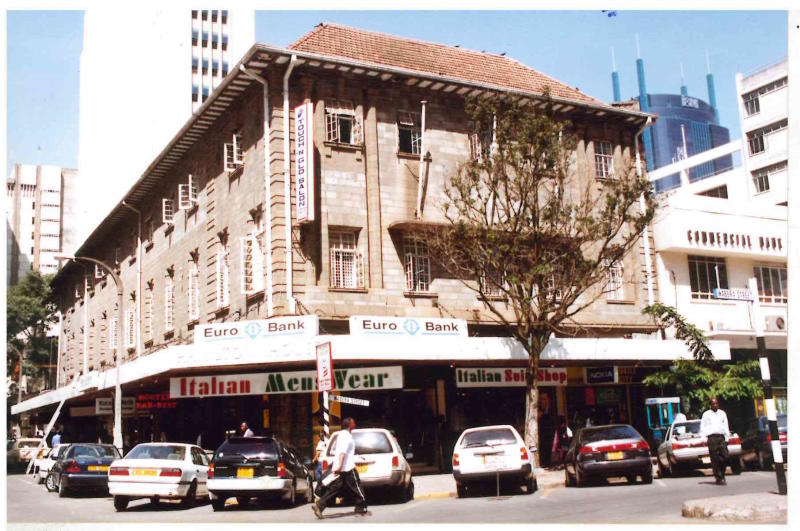×
The Standard e-Paper
Smart Minds Choose Us

“Behind the vulnerable and delicate persona lies a hardened operative who will go to any length to make a financial kill.”
This was how The Sunday Standard for March 9, 2003 described Solomon Muthamia, the key architect behind the banking disaster that was Euro Bank shortly after its dramatic collapse.







